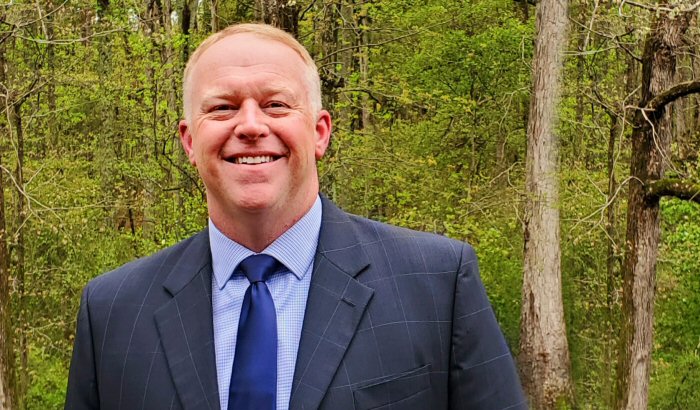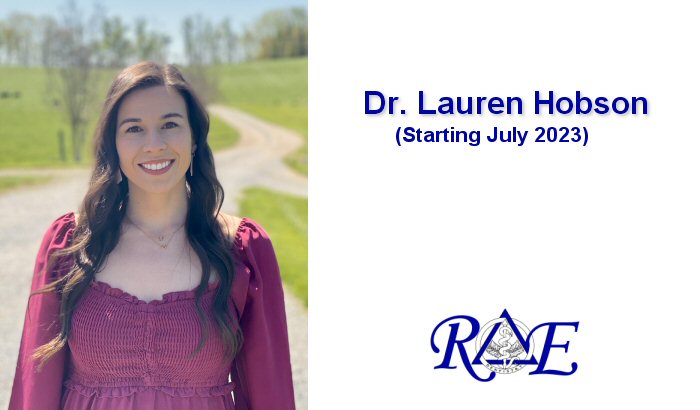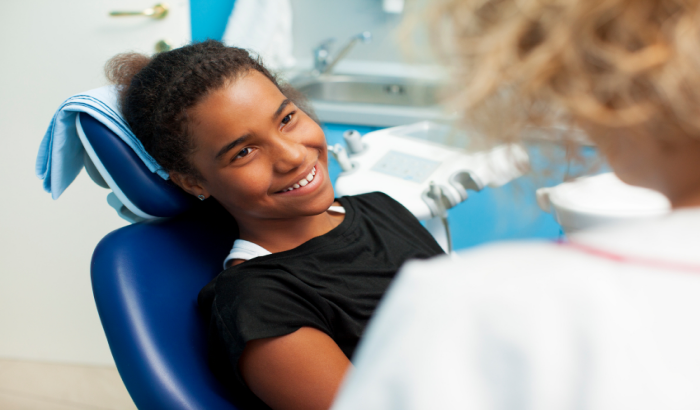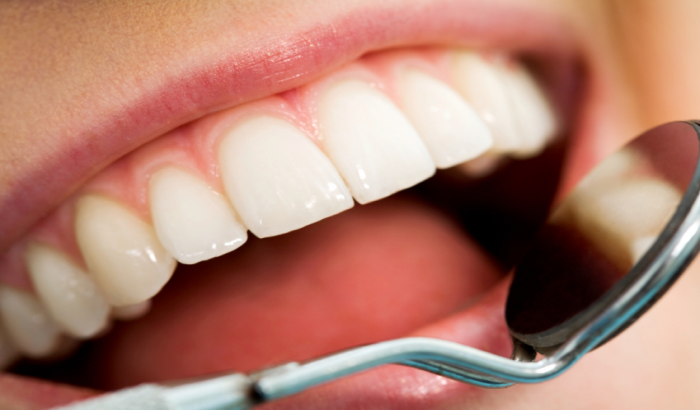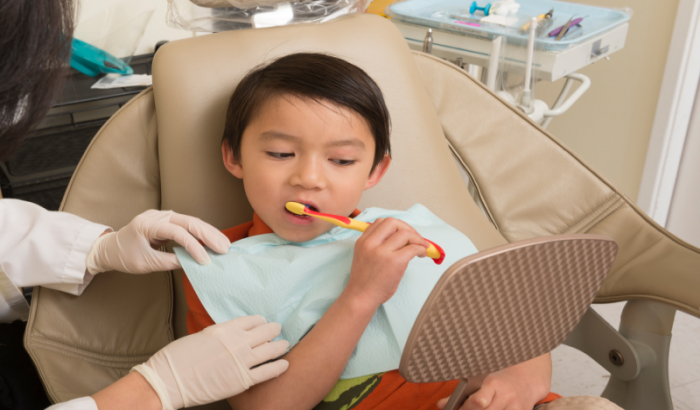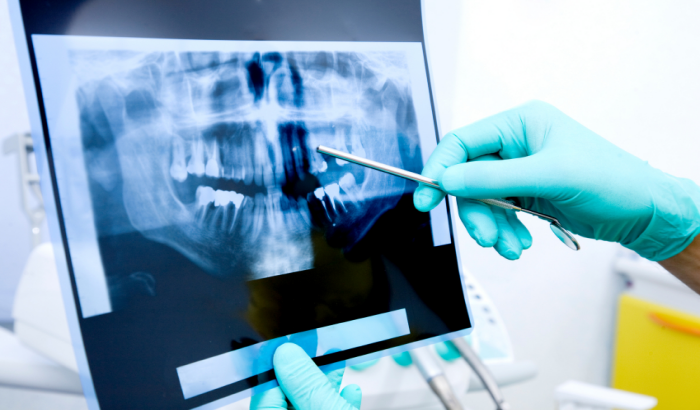336-768-6520
2830 Maplewood Ave, Suite B, Winston-Salem, NC 27103
Robert L. Edwards, DDS - Winston-Salem Family Dentist
Robert L. Edwards, DDS, PLLC - Since 1995, Dr. Robert L. Edwards has had the honor and privilege of serving the families of Winston Salem, NC and the surrounding communities with professional dental services. At our practice, we provide family dentistry and cosmetic dentistry for patients of all ages, and value our relationship with every child, parent or grandparent that calls our office their dental home.
Meet Dr. Edwards
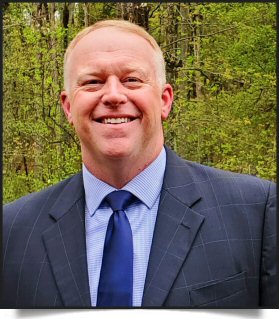
Dr. Robert L. Edwards is a native of the triad. Growing up in Kernersville, he is a graduate of East Forsyth High School. He acquired a BS degree in Biology from High Point College in 1990 before entering the University of North Carolina at Chapel Hill School of Dentistry. Upon completion of his DDS degree in 1994, he was accepted into a one year residency program of Advanced General Dentistry at UNC-Chapel Hill as well.
He maintains a membership in the American Dental Association, North Carolina Dental Society, and Forsyth County Dental Society. Dr. Edwards receives annual continuing education hours in order to stay current with patient treatment protocol.
Dr. Edwards is married and has two sons which keep him very busy when he is not in the office. In his free time, he can be found hunting, skiing, hiking, landscaping and riding motorcycles with his family. He is a lifelong member of Main Street United Methodist Church in Kernersville.
Even as a youth, Dr. Edwards planned on dentistry as a career, because it combines medicine, art, science and working with his hands. He is glad to have served the people of the triad where he calls home and sincerely hopes he and his staff can provide you with a positive dental experience.
Dr. Lauren Hobson
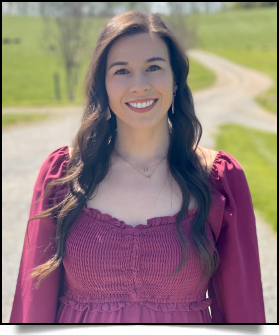 Dr. Hobson is a native of the triad. Growing up in Boonville, NC, she attended Forbush High School. Upon graduation, she attended the University of North Carolina at Chapel Hill, receiving a degree in Biology and a minor in Chemistry. She continued her education at East Carolina University School of Dental Medicine graduating in May of 2023 obtaining a Doctor of Dental Medicine Degree.
Dr. Hobson is a native of the triad. Growing up in Boonville, NC, she attended Forbush High School. Upon graduation, she attended the University of North Carolina at Chapel Hill, receiving a degree in Biology and a minor in Chemistry. She continued her education at East Carolina University School of Dental Medicine graduating in May of 2023 obtaining a Doctor of Dental Medicine Degree.
While at East Carolina University, Dr. Hobson was active in the student council, pediatric dentistry club and working as a tutor in academic and clinical studies. Over the years, she has participated in mission work and dental outreach programs locally, nationally and internationally. She is a member of the Forsyth County Dental Society, NC Dental Society and American Dental Association. In her free time, she enjoys cooking, running, reading, fishing and spending time with family, friends and her fiancé whom she will marry in October of 2023. She, along with her fiancé, are members of Mountain View Baptist Church.
You can book your next appointment with Dr. Edwards or Dr. Hobson by calling our office at 336-768-6520.
Services
-
- • Cleanings
-
- • Exams
-
- • Extractions
-
- • Root Canals
-
- • Veneers
-
- • Bonding
-
- • Crown & Bridges
-
- • Partial & Full Dentures
-
- • Dental Implant Restoration
- • Bleaching
-
- • Emergencies are welcome
-
- • Same Day or Next Day Appointments
-
- • State-of-the-art techniques in adult and pediatric dental services
-
- • Caring, knowledgeable, friendly staff
-
- • Strict sterilization procedures
-
- • Clean, well-maintained facility
- • Treatment plans designed with comfortable and convenient care in mind
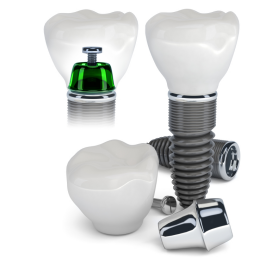
The team at our office takes pride in offering services for every member of the family.
We offer a range of cosmetic dentistry services that include crown and bridge work as well as veneers.
We offer services for a missing, decayed, cracked and chipped teeth as well as dental implants. Dr. Edwards is experienced with all facets of general and cosmetic dentistry and he’s ready to make his knowledge work for you.
We strive to use the latest proven technologies and techniques in both our clinical efforts and office management. This means optimal comfort and convenience for you. Finally, we focus on using the most practical, sensible and cost efficient methods to deliver the best quality dental care possible. From prevention to restoration and from grand kids to grandparents, our focus is on your family’s total dental care.
FAQs
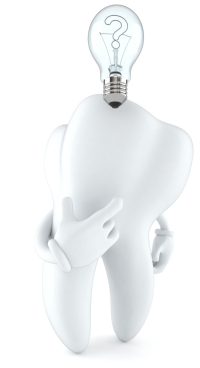
INSURANCE
(Click the questions to see the answers)
1. Do you participate in any managed care plans?
No.
2. If my insurance is part of a Managed Care Insurance, can I still come to you?
Yes you may. It is important to determine if your insurance will let you see a doctor that is “Out of Network”. Most policies do let you go out of network and in doing so; there may be a difference in the percentage of reimbursement. While that difference, if any, is often minimal, it is your duty to review your policy and/or contact your insurance company. There are a few DMO plans etc. that will not pay at all, so take the initiative to contact your insurance company first.
3. Why don’t you participate in a Managed Care Program?
We firmly believe that each patient should have the choice to pick the dentist that trust to work with them and their family. We want all of our patients to have access to quality dental care without the worry and hassle of Managed Care limitations enforced by their plan.
4. Does your office file insurance and what becomes of the remaining balance?
As a courtesy to you, we will help process all your insurance claims. Please understand that we will provide an insurance estimate to you, however it is not a guarantee that your insurance will pay exactly as estimated. Your insurance company and your plan benefits ultimately determine the amount paid. All charges that you incur are your responsibility regardless of insurance coverage. Please understand that as a dental care provider, our relationship is with you and not the insurance company.
5. My insurance company sends me the check instead of the dentist. What do I do with it?
While this is an annoyance for all parties involved, some insurance companies will send direct payment to the patient instead of the provider. In this case you may pay at the time services are rendered.
6. What if I have two insurance policies and the first policy pays me direct?
In a case such as this, the same protocol would exist as in question #5 except it will be your responsibility to get the EOB (Explanation of Benefits) to our office. Once the EOB is received, we may proceed with filing your secondary insurance.
Clinical / Educational
7. How often should I have a dental exam and cleaning?
You should have your teeth checked and cleaned at least twice a year, though your dentist or dental hygienist may recommend more frequent visits. Regular dental exams and cleaning visits are essential in preventing dental problems and maintaining the health of your teeth and gums. At these visits, your teeth are cleaned and checked for cavities. Additionally, there are many other things that are checked and monitored to help detect, prevent, and maintain your dental health.
These include:
• Medical history review: Knowing the status of any current medical conditions, new medications, and illnesses, gives us insight to your overall health and also your dental health.
• Examination of diagnostic x-rays (radiographs): Essential for detection of decay, tumors, cysts, and bone loss. X-rays also help determine tooth and root positions.
• Oral cancer screening: Check the face, neck, lips, tongue, throat, tissues, and gums for any signs of oral cancer.
• Gum disease evaluation: Check the gums and bone around the teeth for any signs of periodontal disease.
• Examination of tooth decay: All tooth surfaces will be checked for decay with special dental instruments.
• Examination of existing restorations: Check current fillings, crowns, etc.
• Removal of calculus (tartar): Calculus is hardened plaque that has been left on the tooth for some time and is now firmly attached to the tooth surface. Calculus forms above and below the gum line, and can only be removed with special dental instruments.
• Removal of plaque: Plaque is a sticky, almost invisible film that forms on the teeth. It is a growing colony of living bacteria, food debris, and saliva. The bacteria produce toxins (poisons) that inflame the gums. This inflammation is the start of periodontal disease!
• Teeth polishing: Removes stain and plaque that is not otherwise removed during tooth brushing and scaling.
• Oral hygiene recommendations: Review and recommend oral hygiene aids as needed (electric dental toothbrushes, special cleaning aids, fluorides, rinses, etc.).
• Review dietary habits: Your eating habits play a very important role in your dental health.
As you can see, a good dental exam and cleaning involves quite a lot more than just checking for cavities and polishing your teeth. We are committed to providing you with the best possible care, and to do so will require regular check-ups and cleanings.
8. How Often should I brush and floss?
Brushing and flossing help control the plaque and bacteria that causes dental disease.
Plaque is a film of food debris, bacteria, and saliva that sticks to the teeth and gums. The bacteria in plaque convert certain food particles into acids that cause tooth decay. Also, if plaque is not removed, it turns into calculus (tartar). If plaque and calculus are not removed, they begin to destroy the gums and bone, causing periodontal (gum) disease. Plaque formation and growth is continuous and can only be controlled by regular brushing, flossing, and the use of other dental aids. Tooth brushing – Brush your teeth at least twice a day (especially before going to bed at night) with an ADA approved soft bristle brush and toothpaste.
• Brush at a 45 degree angle to the gums, gently using a small, circular motion, ensuring that you always feel the bristles on the gums.
• Brush the outer, inner, and biting surfaces of each tooth.
• Use the tip of the brush head to clean the inside front teeth.
• Brush your tongue to remove bacteria.
• Electric toothbrushes are also recommended. They are easy to use and can remove plaque efficiently. Simply place the bristles of the electric brush on your gums and teeth and allow the brush to do its job, several teeth at a time. Flossing – Daily flossing is the best way to clean between the teeth and under the gumline. Flossing not only helps clean these spaces, it disrupts plaque colonies from building up, preventing damage to the gums, teeth, and bone.
• Take 12-16 inches (30-40cm) of dental floss and wrap it around your middle fingers, leaving about 2 inches (5cm) of floss between the hands.
• Using your thumbs and forefingers to guide the floss, gently insert the floss between teeth using a sawing motion.
• Curve the floss into a “C” shape around each tooth and under the gumline. Gently move the floss up and down, cleaning the side of each tooth. Floss holders are recommended if you have difficulty using conventional floss. Rinsing – It is important to rinse your mouth with water after brushing, and also after meals if you are unable to brush. If you are using an over-the-counter product for rinsing, it’s a good idea to consult with your dentist or dental hygienist on its appropriateness for you.
9. Are amalgam “silver” fillings safe?
Over the years there has been some concern as to the safety of amalgam (silver) fillings. An amalgam is a blend of copper, silver, tin and zinc, bound by elemental mercury. Dentists have used this blended metal to fill teeth for more than 100 years. The controversy is due to claims that the exposure to the vapor and minute particles from the mercury can cause a variety of health problems. According to the American Dental Association (ADA), up to 76% of dentists use silver containing mercury to fill teeth. The ADA also states that silver fillings are safe and that studies have failed to find any link between silver containing mercury and any medical disorder. The general consensus is that amalgam (silver) fillings are safe. Along with the ADA’s position, the Center for Disease Control (CDC), the World Health Organization, the FDA, and others support the use of silver fillings as safe, durable, and cost effective.
The U.S. Public Health Service says that the only reason not to use silver fillings is when a patient has an allergy to any component of this type of filling. The ADA has had fewer than 100 reported incidents of an allergy to components of silver fillings, and this is out of countless millions of silver fillings over the decades. Although studies indicate that there are no measurable health risks to patients who have silver fillings, we do know that mercury is a toxic material when we are exposed at high, unsafe levels. For instance, we have been warned to limit the consumption of certain types of fish that carry high levels of mercury in them. However, with respect to amalgam fillings, the ADA maintains that when the mercury combines with the other components of the filling, it becomes an inactive substance that is safe. There are numerous options to silver fillings, including composite (tooth-colored), porcelain, and gold fillings. We encourage you to discuss these options with your dentist so you can determine which one is the best option for you.
10. At what age should my child’s first dental visit occur?
According to the Academy of Pediatric Dentistry, the child should visit the dentist when the first tooth appears or at least by the age of one. That being said, the common protocol is to visit the dentist when all teeth are in which is usually around the age of 3. Parents must however maintain a strict oral hygiene program and be aware of any changes in the teeth or gums. Should such a change occur (Color, swelling, pain, and fractures etc.), please have your child see a dentist ASAP. Lack of compliance is the biggest issue for kids visiting us too early.
11. How much radiation do I get when I have a dental X-rays?
Research has indicated that a full mouth series of dental X-rays has the same dosage that one would get through 19 days of your everyday activities. We often take much less than that at a typical exam appointment. The amount you receive from dental X-rays poses no real risk to your health.
12. What is a dental implant?
An implant is typically a titanium replacement for a missing root or roots of a tooth. The implant is usually placed in the bone of the jaw. The bone grows to or integrates with the surface of the implant making it very stable. After the surgical area has completely healed, an attachment for a prosthesis (Crown, Bridge, or Denture) is placed and the area restored.
13. What should I do if a whole tooth gets knocked out?
Do not clean or scrub the tooth. The surface is covered in many small fibers and vessels necessary for reattachment. Put the tooth in milk and try to get to a dentist within an hour. There is a chance it can be put back in the socket.
****************************************
There is an endless amount of questions and answers, but if you will check the links (e.g. MouthHealth.org) at the bottom of the webpage, you can find answers to the most common dental questions. Some of the links have educational and procedural videos as well.
Office Tour
Contact Our Office
If you would like to contact the office, you may reach us by phone at: (336) 768-6520 or by fax at (336) 768-6522. You may also fill the form out listed below and email as well. If you wish to mail us, our address is:
Robert L. Edwards, DDS, PLLC
2830 Maplewood Ave, Suite B
Maplewood Medical Center
Winston Salem, NC 27103
Monday-Thursday 8:30-5:00
(Closed for lunch 1-2pm)
Testimonials

